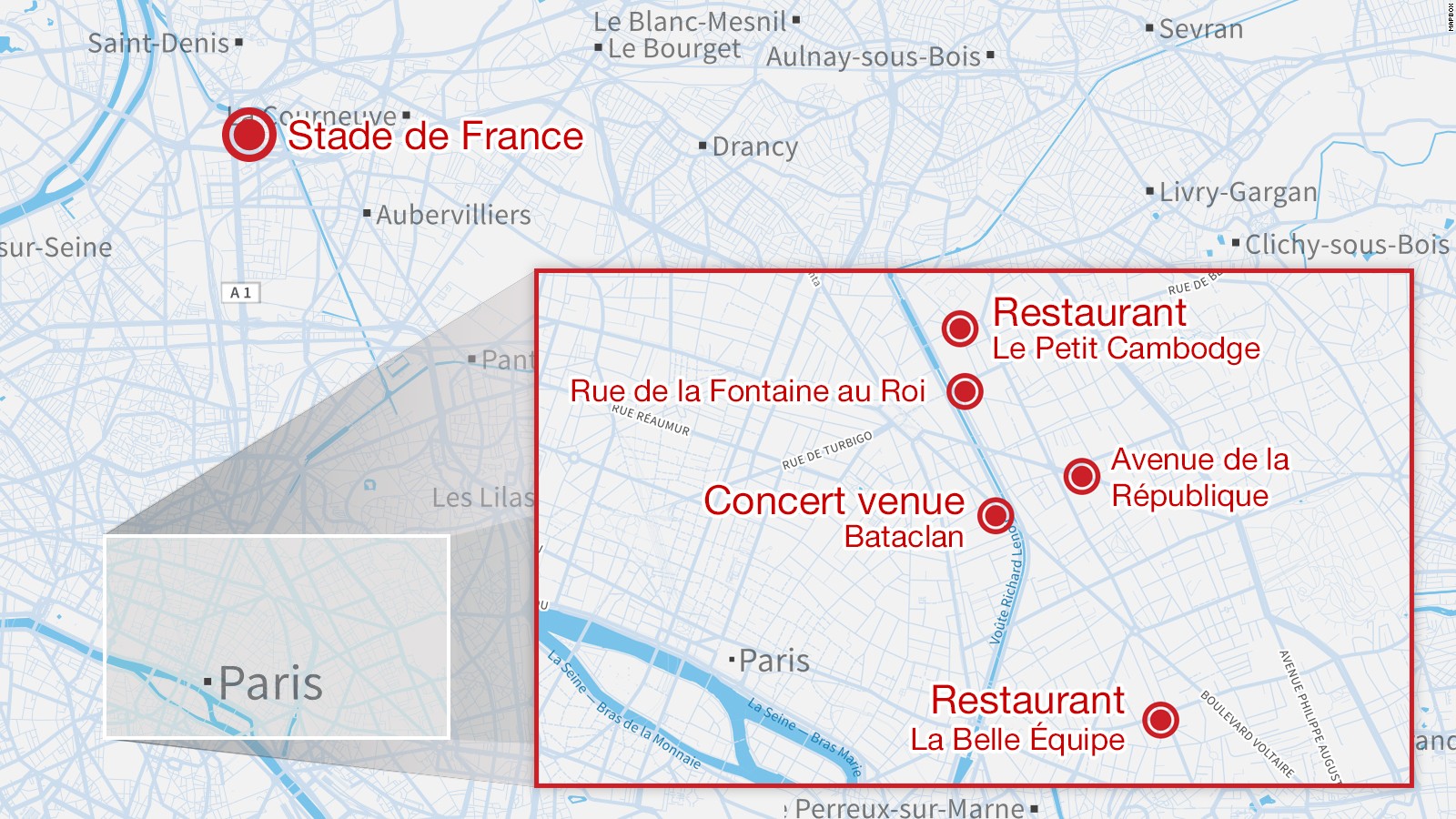Regional faction to unite different terror cells from Malaysia, Indonesia and Philippines
KUALA LUMPUR: Wanted Malaysian IS militants hiding in southern Philippines are planning to form an “official” Islamic State faction in South-East Asia.
The region’s IS faction is also planning to unite different terror cells in Malaysia, Indonesia and the Philippines.
It will include among others the Abu Sayyaf Group (ASG) and other terror groups in the region.
Integral in the plan is former Universiti Malaya lecturer Dr Mahmud Ahmad, who is high on the wanted list for his involvement with the IS along with his cohorts – sundry shop owner Mohd Najib Husen and former Selayang Municipal Council employee Muhammad Joraimee Awang Raimee, 39.
Bukit Aman Special Branch Counter Terrorism Division head Senior Asst Comm Datuk Ayob Khan (pic) said Dr Mahmud, also known as Abu Handzalah, was actively training with the ASG as well as taking part in terror operations in the southern Philippines.
“Intelligence indicates that he was involved in two bomb attacks against the Philippines’ army recently.
“We believe the ASG regards him highly as an asset,” he told The Star yesterday.
But SAC Ayob indicated Dr Mahmud was not content with just being involved with the ASG.
His ultimate goal is to officially form the South-East Asian IS.
“He has performed the bai’ah or the oath of allegiance on video but to form the South-East Asian cell of IS, Dr Mahmud has to travel to Syria and swear his allegiance in front of IS supremo Abu Bakr al-Baghdadi.
“We discovered through intelligence sharing that going to Syria is his priority now,” he said.
The same could be said for the different terror groups, especially the ASG, where the leaders had also sworn allegiance to Abu Bakr on video, added SAC Ayob.
“These groups are only seen as IS allies, and not an official IS cell,” he said.
He added that if Dr Mahmud’s plans came to fruition, it would spell even more danger to the region with the different terror groups operating under one banner.
“We are cooperating with other security forces in the region, especially the Philippines, to ensure that this will not occur.
“We believe that Dr Mahmud is trying different means to gain safe passage to Syria, including using fake identification documents and passports but we will remain vigilant,” he said.
SAC Ayob said his division was committed towards combating any terror element be it foreign or domestic.
“Our priority is intelligence gathering to ensure that we are on top of any development concerning militant groups,” he said.
“We are working with our counterparts in the Philippines to track down and capture Dr Mahmud and his accomplices.”
SAC Ayob, who has been dealing with terrorism matters for more than 20 years, said it was not uncommon for militant scholars or academicians to become leaders like Dr Azahari Hussin and Noordin Mat Top to name a few.
The trio – Dr Mahmud, Mohd Najib and Joraimee – have been on Bukit Aman’s wanted list since April 2014 following their escape to southern Philippines.
SAC Ayob urged anyone with information on militancy to contact the nearest police station or the counter-terrorism division at 03-2266 7010 or 011-2104 6850 or to e-mail CTD.E8M@gmail.com.
BY FARIK ZOLKEPLI The Star/Asia News Network
Ex-lecturer trained with al-Qaeda while studying
KUALA LUMPUR: Wanted militant Dr Mahmud Ahmad was apparently involved in militancy since the 1990s.
Bukit Aman Special Branch Counter Terrorism Division head Senior Asst Comm Datuk Ayob Khan said, at 36, the former Universiti Malaya lecturer was a veteran militant, having trained with al-Qaeda in Afghanistan in the late 1990s while he was studying in Pakistan.
“Once he became a university lecturer, he recruited and sent four Malaysians to Syria.
“Prior to joining UM, he used his position as a lecturer at a private college to lure students into militancy,” he told The Star yesterday.
He added that in January last year, Dr Mahmud managed to arrange a meeting between the region’s militant leaders to form the Daulah Islamiyah Asia Tenggara.
“He then followed up by meeting with al-Qaeda elements at a house in Shah Alam in April 2014,” he said.
Sources revealed that Dr Mahmud was responsible for instilling extremist ideology and convincing Ahmad Tarmimi Maliki to become the first Malaysian suicide bomber.
“Ahmad Tarmimi’s suicide bomb attack killed 25 special forces personnel in Iraq last year,” one source said.
Dr Mahmud along with his two accomplices – sundry shop owner Mohd Najib Husen and Selayang Municipal Council employee Muhammad Joraimee Awang Raimee, 39 – fled to southern Philippines on April 22 last year.
It is learnt that the three were also responsible for smuggling three East Turkmenistan Islamic Movement fighters to southern Philippines.
Another source revealed that Mohd Najib could be described as Dr Mahmud’s right-hand man and closest confidant.
“Mohd Najib is also instrumental in arranging various meetings with other militant groups at the behest of Dr Mahmud,” the source said.
The source added that the sundry shop owner had vast experience in militancy and provided Dr Mahmud with the necessary links to other militant groups, including those from Indonesia. - The Star
Related:
Terrorists attack Paris !
• A total of six locations were attacked in and just outside the capital, Paris prosecutor François Molins told reporters Saturday.
Related posts:










